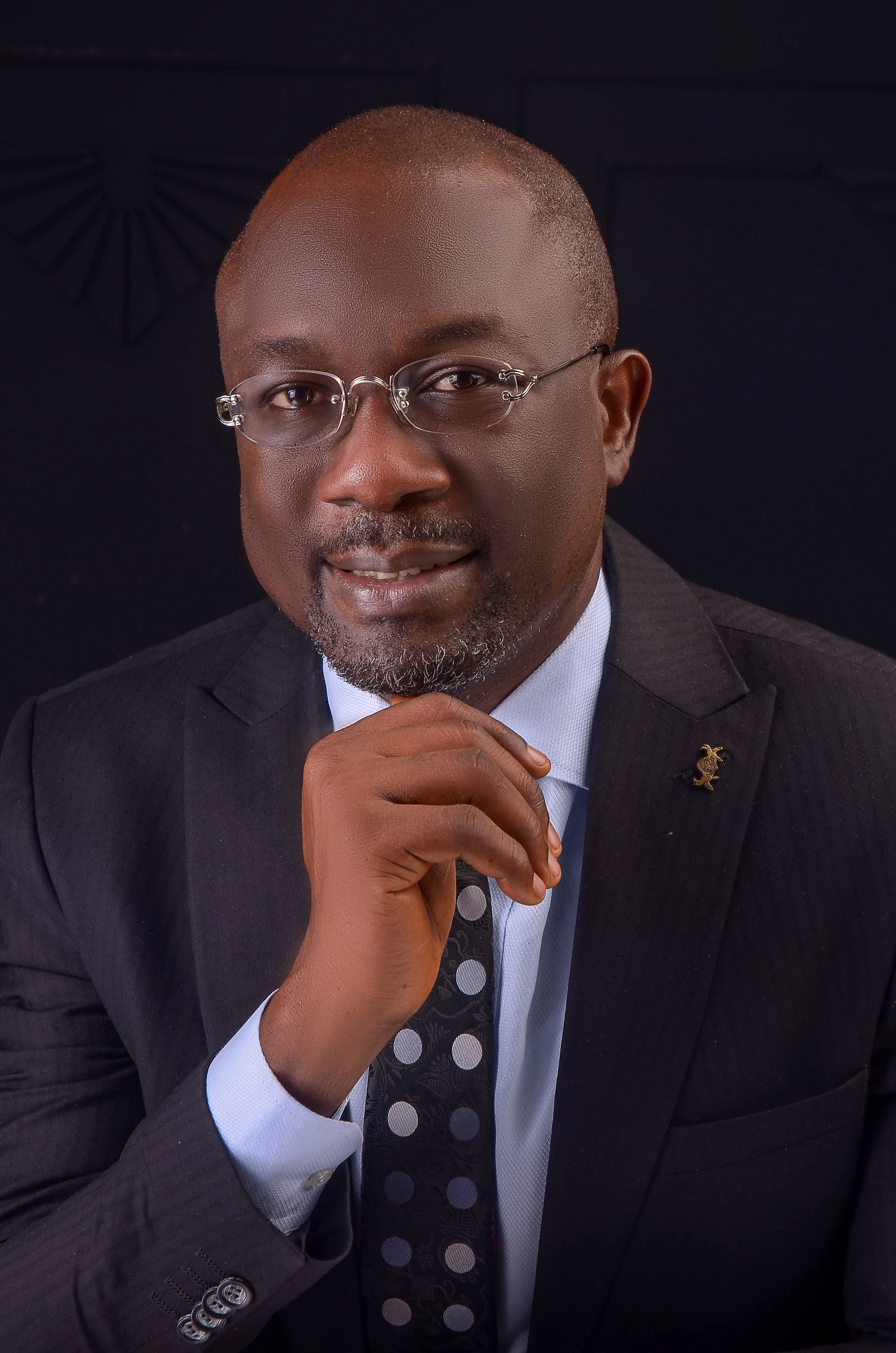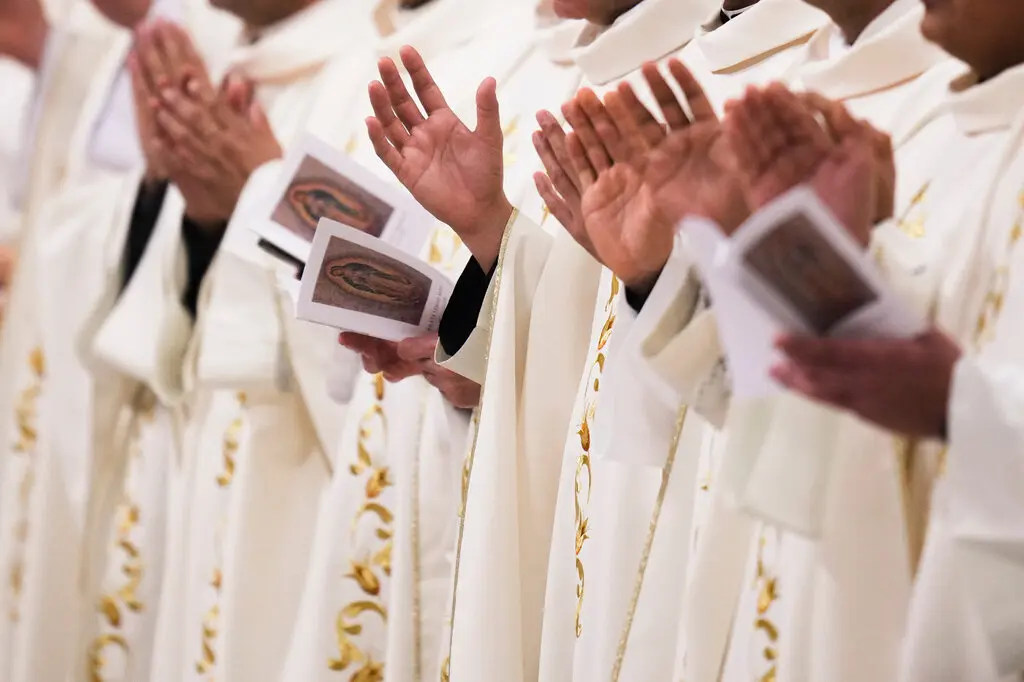 Olugbemi. Adeyinka Ogunleye
3 months ago
Olugbemi. Adeyinka Ogunleye
3 months ago
Overview
Vatican Allows Italian Gay Men to Train to Be Priests, if They Remain Celibate
Candidates for the seminary should not be disqualified based on sexual orientation, according to new church guidelines in Italy. The Vatican has approved new guidelines for Italy that say that an applicant for the seminary cannot be rejected simply because he is gay, as long as he remains celibate.
The guidelines say that seminary directors should consider sexual orientation as only one aspect of a candidate’s personality. They do not change the Roman Catholic Church’s teaching that “homosexual tendencies” are “intrinsically disordered,” and that men with “deep-seated” gay tendencies should not become priests. But they clarify that if a candidate remains chaste, his sexual orientation should not disqualify him from entering the priesthood.
The Catholic church has struggled for years with the contradiction that the priesthood has long been a refuge for gay men, while church teaching rejects same-sex relations. Bishops in other countries where homosexuality is regularly condemned are not likely to consider guidelines similar to those of the Italian bishops. The guidelines — adopted by the Italian Bishop’s Conference in November and approved by the Vatican’s clergy office — went into effect on Thursday for a three-year trial period. They cover various aspects of a candidate’s years in seminaries, the schools that prepare men for priesthood.
“This is the first time I’ve seen in a Vatican-approved document the suggestion that discernment about whether a gay man may enter the seminary cannot be determined simply by his sexual orientation,” said the Rev. James Martin, a high-profile supporter of making the church more welcoming to gay Catholics. “My reading of this — and it is only my reading,” added Father Martin, who is based in New York, “is that if a gay man is able to lead an emotionally healthy chaste and celibate life, he may be considered for admission to the seminary.” The thorniness of the issue became clear last year, when reports emerged that Pope Francis had used an anti-gay slur when responding to Italian bishops at a conference in May about admitting gay men into seminaries.
In his remarks, Francis said that there was already too much gayness in Catholic seminaries, using a pejorative to describe it, according to bishops who attended the conference. The Vatican later apologized. In June, the pope was again accused of repeating an anti-gay slur during a meeting with priests in Rome. The repeated use of the slur shocked many Catholics who had embraced Francis’ mostly inclusive message urging the church to be more welcoming to members of the L.G.B.T.Q. community. He has met often with gay-rights activists, and in 2023 he decided to allow priests to bless same-sex couples — but not bless their unions. Father Martin, who met with Francis after the episodes last year, later shared a post on social media that said, “With his permission to share this, the Holy Father said he has known many good, holy and celibate seminarians and priests with homosexual tendencies.”
Yet, Francis has repeatedly expressed concern that gay candidates for priesthood can end up having relationships and living what he described as double lives. In 2016, he greenlighted a document on priestly vocations that stated that men with “deep-rooted” homosexual tendencies should not be allowed to enter into seminaries, reprising a 2005 document approved by Benedict XVI. Seminary directors have interpreted these instructions in different ways, but the new guidelines offer some lucidity. The guidelines, posted on the website of the Italian bishops’ conference on Thursday, cite the 2016 document’s ban on men with deep-rooted homosexual tendencies but also state: “When referring to homosexual tendencies in the formation process, it is also appropriate not to reduce the discernment to this aspect alone but, as with any candidate, to understand its meaning within the overall picture of the young person’s personality.”
The guidelines also say that “the goal of the formation of the candidate for the priesthood in the affective-sexual sphere is the ability to welcome as a gift, to freely choose and responsibly live chastity in celibacy.” Sections of the guidelines on the importance of celibacy do not differ based on sexual orientation. “It is a step forward,” said Francis DeBernardo, the executive director of New Ways Ministry, a group based in Maryland that supports gay Catholics. “It clarifies previous ambiguous statements about gay seminary candidates, causing lots of fear and discrimination. And this clarification treats gay candidates in the same way that heterosexual candidates are treated. That type of equal treatment is what the Church should be aiming for in regards to all LGBTQ+ issues.”
Credit: The New York Times



